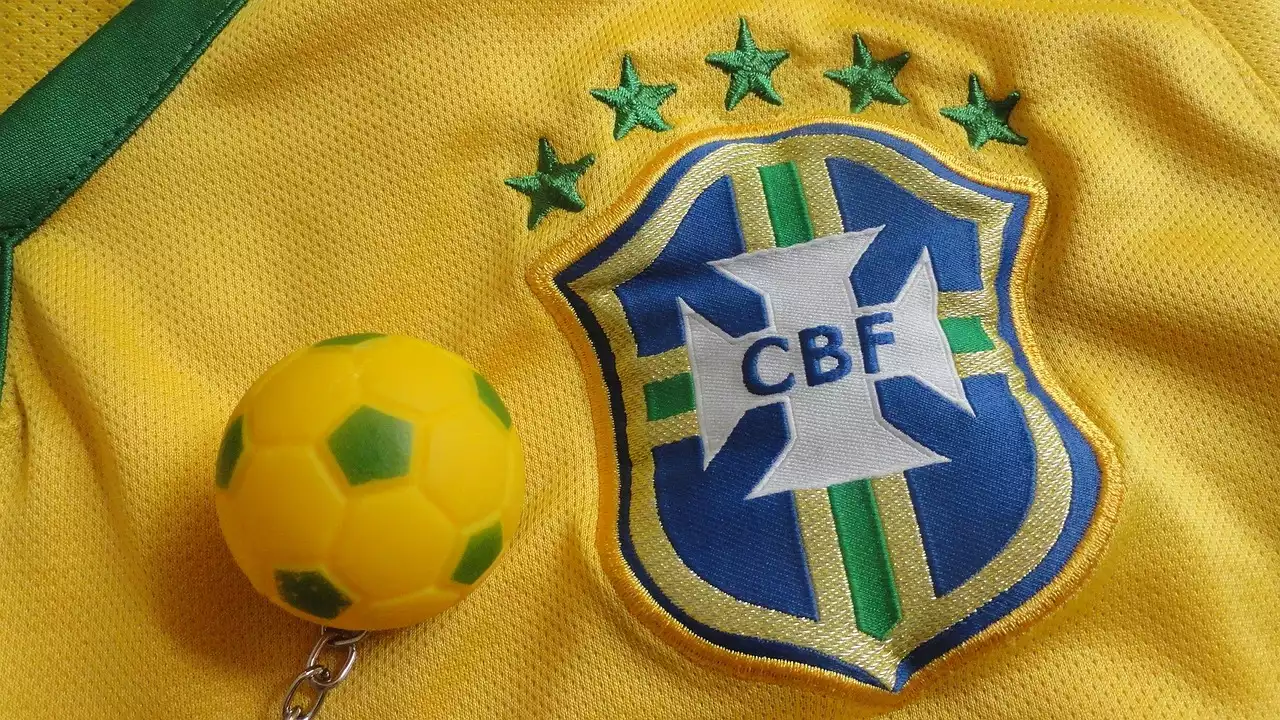Early life and football career of Franz Beckenbauer
Born on September 11, 1945, in Munich, Franz Beckenbauer's passion for football was evident from a young age. Growing up in a post-war Germany, Beckenbauer found solace and purpose on the football field. His talent was immediately recognized, and he quickly rose through the ranks, joining the youth academy of Bayern Munich.
Beckenbauer's breakthrough came in 1964 when he made his debut for Bayern Munich's senior team. It didn't take long for him to establish himself as a key player, showcasing his exceptional skills as a defender and midfielder. His ability to read the game and make precise passes set him apart from his contemporaries, earning him the nickname "Der Kaiser" (The Emperor).
Beckenbauer's playing style and contributions to German football
Beckenbauer was not only a technically gifted player but also a visionary who revolutionized the role of a defender. Unlike traditional defenders, he possessed the ability to initiate attacks with his accurate long-range passes and elegant dribbling. This unique playing style made him a formidable force on the field, and he became the epitome of the modern sweeper.
His contributions to German football were immeasurable. Beckenbauer played a crucial role in transforming Bayern Munich into a powerhouse, winning numerous domestic and international titles with the club. His leadership skills and tactical acumen were instrumental in Germany's success in the 1972 European Championship and the 1974 FIFA World Cup, where he captained the national team to victory.
Beckenbauer's achievements and accolades
Throughout his illustrious career, Beckenbauer amassed an impressive list of achievements and accolades. He won the prestigious Ballon d'Or award twice, in 1972 and 1976, and was named in the FIFA 100 list of the greatest living players. Beckenbauer's influence extended beyond individual honors, as he led Bayern Munich to three consecutive European Cup victories from 1974 to 1976, cementing their status as one of the greatest teams in history.
Beckenbauer's impact on international footballBeckenbauer's impact on international football cannot be overstated. His elegant playing style and leadership qualities inspired a generation of players and coaches around the world. His success as a player and captain of the West German national team paved the way for future generations, influencing the development of German football and its emphasis on technical proficiency and tactical innovation.
Beckenbauer's managerial career and post-retirement contributions
After hanging up his boots, Beckenbauer transitioned into coaching and management. He guided the West German national team to success as the head coach, leading them to victory in the 1990 FIFA World Cup. Later, he took on administrative roles, serving as the president of Bayern Munich and as a member of the FIFA Executive Committee. Beckenbauer played a pivotal role in organizing the 2006 FIFA World Cup in Germany, leaving a lasting legacy in the country's football infrastructure.
The legacy of Franz BeckenbauerFranz Beckenbauer's legacy goes beyond his on-field accomplishments. His graceful style of play, tactical innovations, and leadership qualities have left an indelible mark on the sport. He set new standards for defenders, showcasing that they could be creative and influential playmakers. Beckenbauer's impact on German football is evident in the success of subsequent generations and the enduring philosophy of technical excellence.
Honors and recognition received by Beckenbauer
Throughout his career, Beckenbauer received numerous honors and recognitions. He was inducted into the German Football Hall of Fame and the FIFA World Cup Dream Team. Furthermore, he received the FIFA Order of Merit, the highest honor awarded by FIFA, for his significant contributions to the game.
Remembering Beckenbauer's famous moments and iconic quotesBeckenbauer's career was filled with memorable moments and iconic quotes. One of the most famous moments was his performance in the 1970 FIFA World Cup semifinal against Italy, where he played with a dislocated shoulder, showcasing his determination and resilience. His iconic quote, "Football is like chess, only without the dice," perfectly encapsulates his strategic approach to the game.
Conclusion: Franz Beckenbauer's enduring influence on the world of footballAs we reflect on the remarkable career of Franz Beckenbauer, it is evident that his impact on the world of football is unparalleled. His playing style, leadership qualities, and contributions as a coach and administrator have set new standards for excellence. Beckenbauer's legacy will continue to inspire future generations, reminding us of the beauty and artistry that can be found in the beautiful game.













